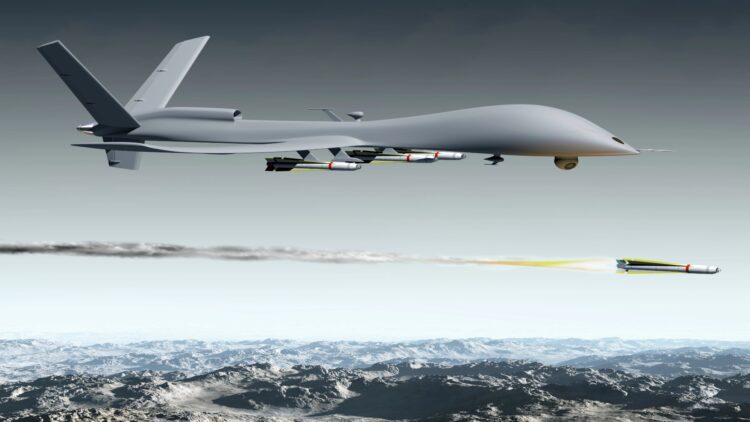On the evening of Tuesday, September 9, 2025, 19 Russian drones entered Polish airspace without warning, and definitely without permission. Poland and NATO (North Atlantic Treaty Organization) military air defense systems intercepted a large number of the drones, which led to debris scattered across Poland. While Russia denies targeting Poland, nations around the globe are calling for explanations and consequences.
Russia’s breach of Polish airspace is “a completely different level of escalation,” says Zelenskyy
Poland and NATO immediately took action to intercept Russia’s drones using air defense, such as the Dutch F-35 aircraft. This marked the first time (since the start of the Russia-Ukraine war) that a member of NATO has acted directly against Russia, despite ongoing talks of a ceasefire. The debris from the interception of the drones was scattered across the country’s largest administrative divisions: Lublin, Łódź, Mazowieckie, and Świętokrzyskie.
Following this event, Ukraine’s President Volodymyr Zelenskyy immediately offered assistance in the form of military support and the sharing of intelligence, despite the nation’s current circumstances due to the ongoing conflict. Zelenskyy has also proposed joint European air defense systems. Additionally, Poland has reinforced the United States’ military presence in its nation, intending to enhance response capabilities.
Russia’s actions: Were they deliberate or unintentional?
Poland’s Deputy Prime Minister Radosław Sikorski has expressed his certainty that the Russian drones were purposefully targeted at Poland. German officials have followed suit, labeling the apparently ‘unintentional’ invasion as a deliberate provocation. Some of the drones that Polish authorities collected near Territorial Defense Forces (TDF) units (in other words, regional brigades and local battalions), luckily, without any casualties. The drones were identified as being Shahed models that were Iranian-made. This has heightened concerns regarding technology.
Poland prioritized civilian safety and security, with authorities temporarily halting flight operations at Frederic Chopin Airport. Flights have now resumed, however, with persistent delays. Poland has gone on to summon Russia’s chargés d’affaires, a French term representing diplomats temporarily serving as the chiefs of diplomatic missions and representing their governments. The goal of the summons is to deliver a formal written declaration of objection.
NATO and European allies’ response and the long-term diplomatic ramifications
Poland has invoked NATO’s Article 4, which is intended for emergencies and situations of urgency, calling for allied consultations. Poland’s request prompted immediate NATO discussions to coordinate defense and security measures. The following responses came from countries around the world:
- NATO Secretary General Mark Rutte has also publicly called Russia out for “reckless behavior”.
- Canada, the United Kingdom, and Hungary have stated their solidarity with both NATO and Poland itself.
- The United Kingdom’s Defense Secretary John Healey has noted the potential expansion of NATO air defense support.
- Regional collaborations across the EU (European Union), UN (United Nations), and, of course, NATO.
- The UN has put out a warning that Russia’s actions could further escalate the Russia-Ukraine war and cross borders.
- NATO allies are preparing to strengthen their airspace defense, including missile system deployment.
- Belarus has pointed out the possibility of electronic warfare interference.
- United States Senator Lindsey Graham has gone on to further President Trump’s sanctions against Russia and its allies.
- German Chancellor Friedrich Merz and Defense Minister Boris Pistorius have labeled the event a deliberate provocation.
- The UN has warned that the risks of the Russia-Ukraine war will be heightened, and has called for a full and final ceasefire between the two nations.
Russia continues to deny that the drones were aimed at Poland, stating that their drones were within their approved 700km operational range. With multiple nations, including a majority of the EU, UN, and NATO members, voicing solidarity with Poland, there is international pressure on Russia to rectify the situation immediately with a full explanation and apology.


